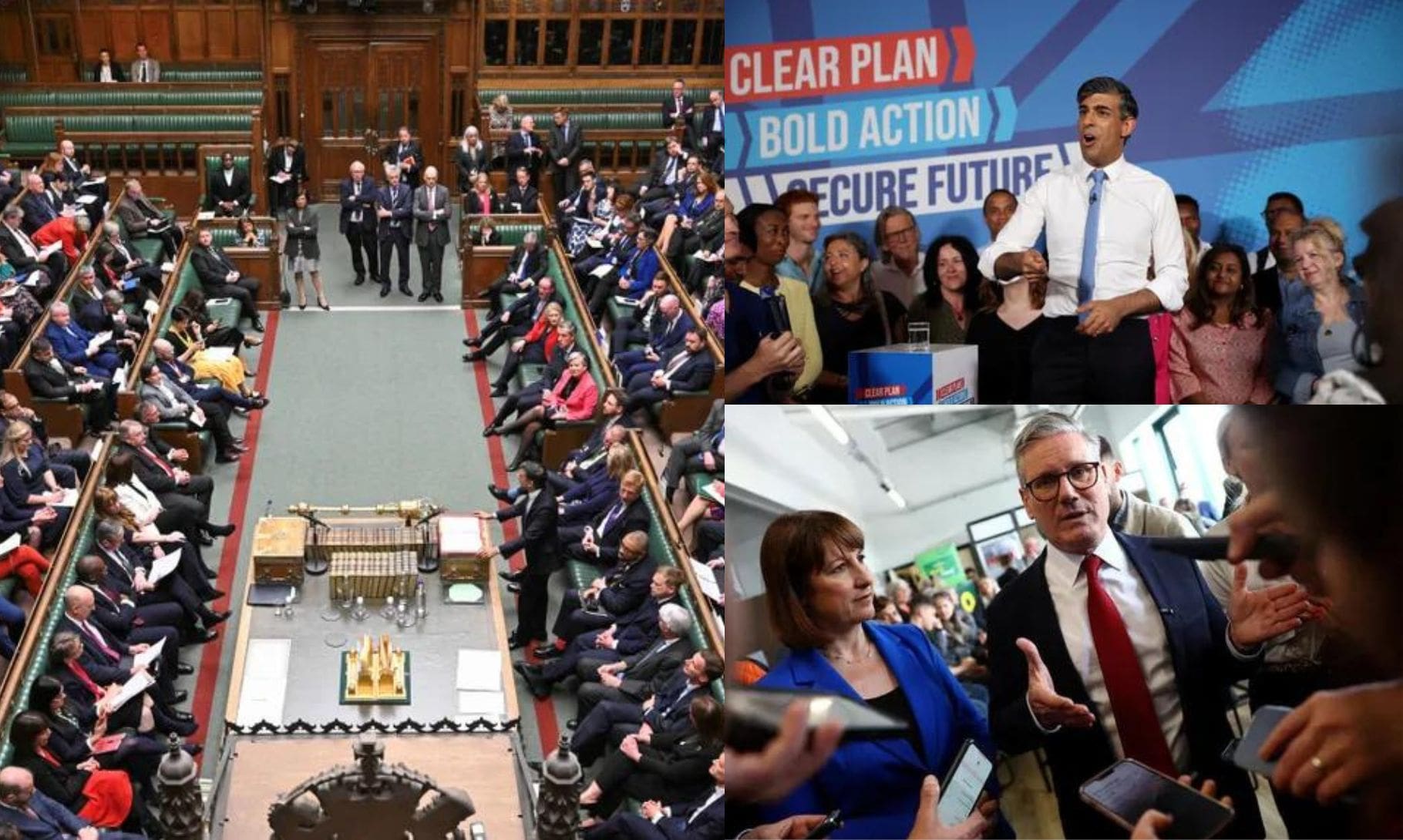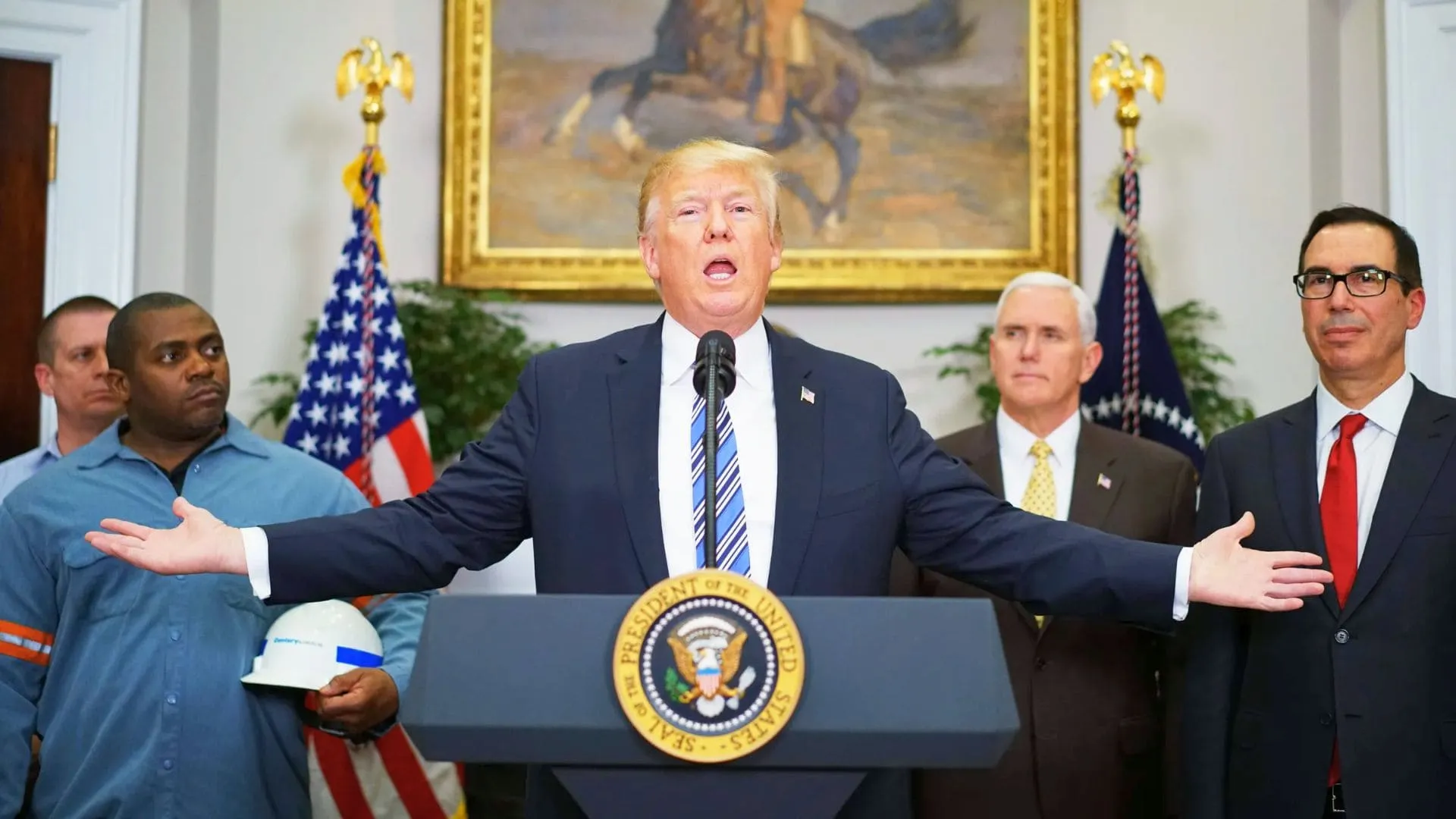As the UK approaches the 2024 general election which is to be held on 4 July, The Labour Party, led by Keir Starmer, continues to lead the polls consistently since early 2022, with a significant 20-point advantage over The Conservative Party which is led by Prime Minister Rishi Sunak. However, there has been a slight decrease in Labour’s support as the campaign nears its end.
Current polling averages for Great Britain (excluding Northern Ireland) in early July 2024 show Labour with 40.7%, followed by the Conservatives at 20.7%. The Reform Party stands at 15.9%, with the Liberal Democrats and Greens at 11.3% and 5.8% respectively. The Scottish National Party (SNP), though not part of GB-wide polling, holds between 2% to 4% nationally, exerting influence particularly in Scotland’s elections.
Based on current polls, Labour is expected to win 428 seats, significantly more than the Conservatives’ projected 127 seats. The Liberal Democrats are forecasted to win 50 seats, and the SNP 19 seats. Smaller parties are expected to win 26 seats in total, which is crucial for a majority in Parliament.
However, predicting exact seats from polls in the UK’s voting system is tricky. Factors like how people vote in different regions and local factors greatly affect final seat numbers. Professor Rob Ford, who is a British scientist warns that even with a big lead in national polls, Labour might not get a majority if their support isn’t spread out effectively across constituencies.
Different methods like uniform change projections and multilevel regression and poststratification (MRP) models help predict seat numbers. These models consider factors like demographics and regional voting patterns to give detailed insights into possible election results.
The accuracy of these predictions depends on how well the models handle undecided voters and tactical voting, which recent changes in polling methods are addressing.
Despite Labour’s strong lead in national polls, the election’s outcome will depend on how these poll results play out in individual constituencies. The UK’s voting system is complex, emphasizing the need for targeted local campaigns and understanding regional voting patterns to determine the next government and Parliament makeup.









